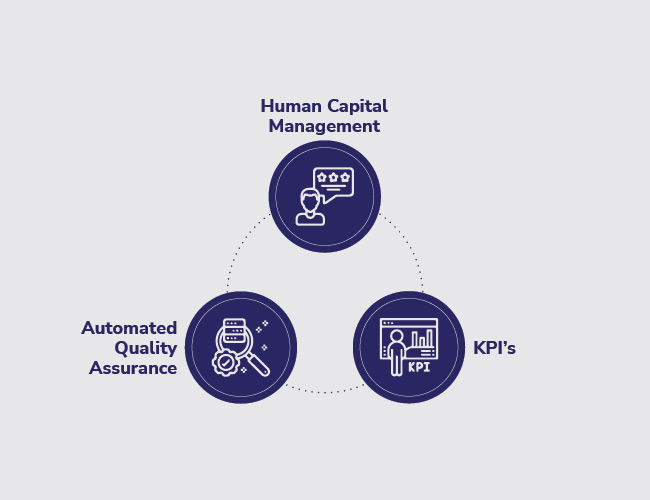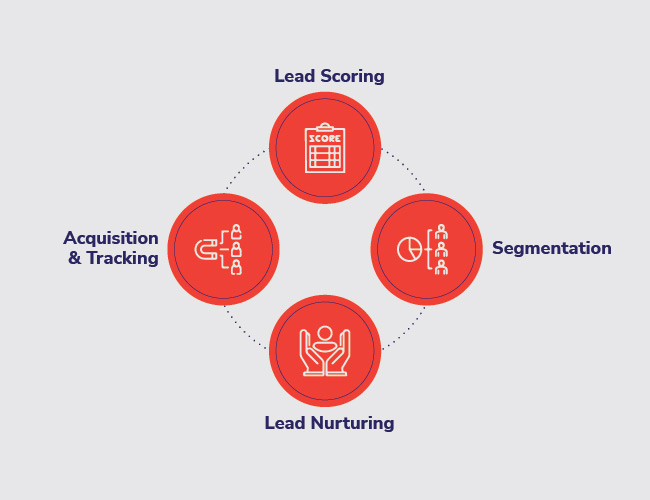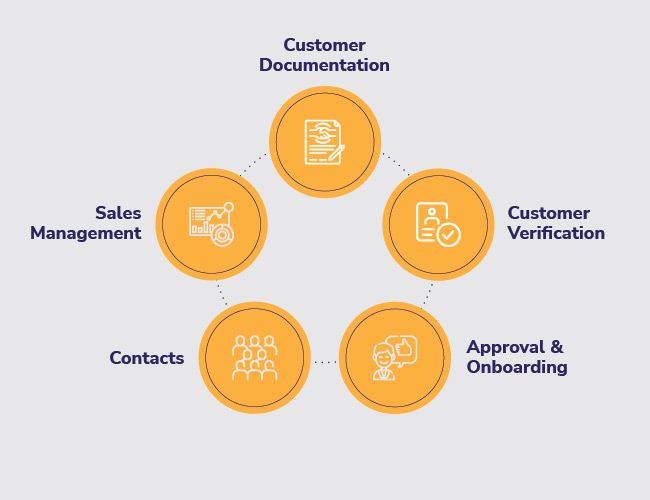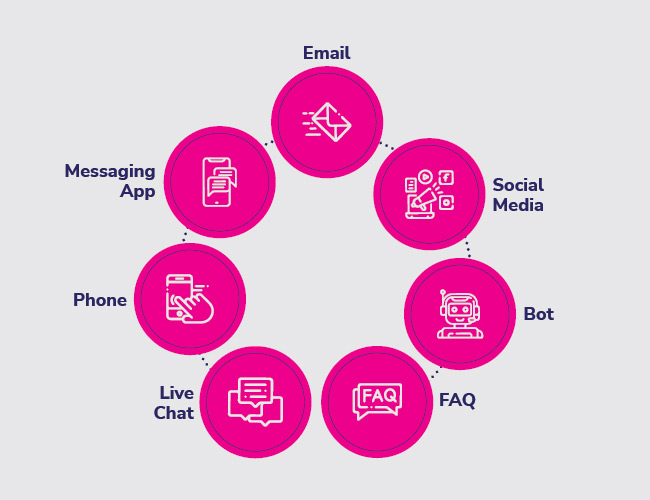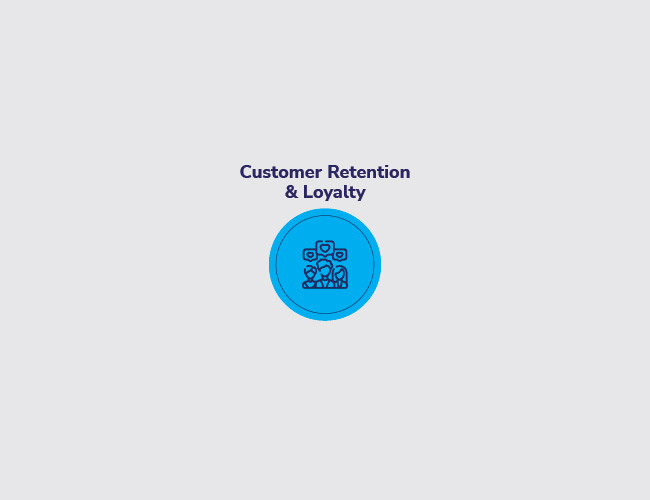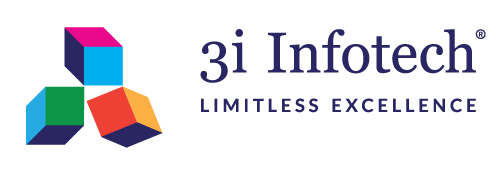
Digital revolution: how to prepare your workforce for the new age innovation
Digital technology and rise of robots are no longer stories of fiction. It is changing nearly everything around you. It has already changed the way you work and the nature of your workplace. More and more employees are increasingly contemplating future opportunities and the scope of their acquired skills. Some are deciding on the capabilities they need to grow in a new digital era. According to Carol Rozwell, Vice President and Analyst at Gartner, “The digital workplace promises a more flexible, engaging and intelligent work environment that is able to exploit changing business conditions.”
As technology is able to do the tasks faster and cheaper, the biggest woes are arising from the human workforces. A study conducted by Deloitte suggested that in the next 7 years, Robotic Process Automation (RPA) will replace 16% of current workforce roles. The study also found that when 32% of the firms are prepared for the RPA technology, only 12% are prepared for the workforce implications.
Owing to this reason, it is important to create an ecosystem where people and machine work hand-in-hand. But, preparing your workforce to adapt to the changes in the business landscape isn’t a tough job. Here is how you can do this:
Evaluate employee skills
What are the digital skills that your employees already have? This is important to access their skills that are a value-add for the business. CRM experience, Microsoft Suite expertise, software knowledge etc. are some of the must-have skills.
Shape curricula to include human-digital skills
Getting the best out of human-digital combinations should be your priority. Companies have to be more proactive in identifying future skill needs, after which they can work with policymakers to design an educational curriculum. Teaching creativity, interpersonal skills, and teamwork will ensure that the employees find rewarding work along with the technical know-how.
Adapt to a new culture
Technical skills shouldn’t be the only priority. While adopting Robotic Process Automation (RPA), the company has to prepare themselves to modify the organization’s value and culture as well. Good adaptation skills of the workforce and a team that trusts technology is key to a smooth transition process. As interacting with more devices than human beings might affect the mental state and behavior of the employees, firms should consider increasing the flexibility and comfort of the workplace.
Ensure transparent transition
Employees should be very much a part of the transition. They should be aware of the Robotic Process Automation (RPA) implementation, how it is done and how it is going to alter the style and nature of their work. If there is any change in their roles and responsibilities, they should be informed much in advance. This way, the workforce will be fully aware of the future of their career in the organization.
The shift from manual skills to digital skills in the workforce should be taken seriously if companies want to stay ahead of their competitors. This is when maintaining a productive workforce that’s ready to learn and adapt, become significant. 3i Infotech addresses all the transition issues that you are facing and enhances your operational efficiency to accelerate business outcomes, preparing your firm to achieve success in the digital world





 Nilesh Gupta
Nilesh Gupta
 Ramu Bodathulla
Ramu Bodathulla Mr. Raj Kumar Ahuja
Mr. Raj Kumar Ahuja Dr. Madan Bhalchandra Gosavi (B.A. (Hons.), LLM, M.Phil, PhD)
Dr. Madan Bhalchandra Gosavi (B.A. (Hons.), LLM, M.Phil, PhD) Mr. Umesh Mehta
Mr. Umesh Mehta Harish Shenoy
Harish Shenoy CA Uttam Prakash Agarwal
CA Uttam Prakash Agarwal Uttam Jhunjhunwala
Uttam Jhunjhunwala Ranjit Balakrishnan
Ranjit Balakrishnan Emmanuel N
Emmanuel N
 Rangapriya Goutham
Rangapriya Goutham Kiran Chittar
Kiran Chittar Sushant Purushan
Sushant Purushan Mohan TS
Mohan TS Sanjay Rawa
Sanjay Rawa Dr. Aruna Sharma
Dr. Aruna Sharma Mr.Avtar Singh Monga
Mr.Avtar Singh Monga Mr. Thompson P. Gnanam
Mr. Thompson P. Gnanam Ms. Zohra Chatterji
Ms. Zohra Chatterji Dr. Kalyan Krishnamoorthy
Dr. Kalyan Krishnamoorthy







 Mr. Pravir Vohra
Mr. Pravir Vohra Viraf Sirvala
Viraf Sirvala

 Amrita Gangotra
Amrita Gangotra